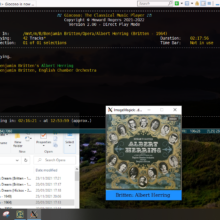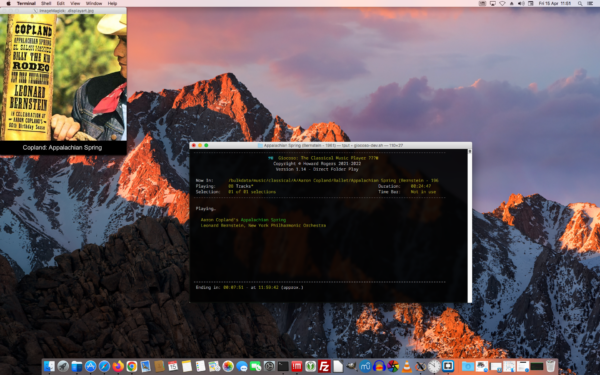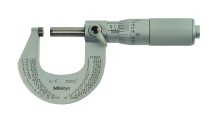
I've now been using my "new" (i.e., second-hand and thus old!) Mac Mini for about a week, and it has been very much an enjoyable learning experience! There is much about it (and macOS) that I like a lot; there has also been much that has been mystifying or infuriating 🙂 I thought I would keep a sort-of 'diary' of things I've come across, as I came across them, so that any other Windows or Linux users out there even considering moving to the world of Apple will have at least a taste of what might be in store for them. I should emphasise that what follows is what a complete Mac neophyte (with about 40 years of Windows, Linux and Unix familiarity) is experiencing: I did once touch a G4 Mac back in about 2009, for around 20 minutes. I also once ran a drawing program for about an hour on the original Apple Mac back in 1985. Apart from those two brief brushes with the world of Apple, however, I had precisely zero familiarity with or understanding of macOS... so I came to this completely and utterly 'blind'. Long-term Mac users are probably, therefore, going to be tearing their hair out in despair at my clutzy approach to things, for which I apologise in advance: hold on to those hair follicles!
I should also perhaps explain that I have a very functional Linux PC at hand: my goal was, as far as possible, to match that experience on the Mac Mini, program for program. There may well be better programs available for the Mac than for either Windows or Linux -but learning what they are and how they work is a problem for another day. My present purposes simply require that what I do on my Linux PC I should be able to do equivalently on the Mac. Spoiler alert, however: there are already Mac-specific programs I prefer using to the open source options I've been using for years on Linux and Windows. For example, Apple Mail seems a perfectly decent alternative to Thunderbird; and Safari is a nice-enough browser that I've really cut back on the occasions when I'm running Firefox. There are probably other instances of the same sort of thing that will become apparent as I ramble on... [...]










